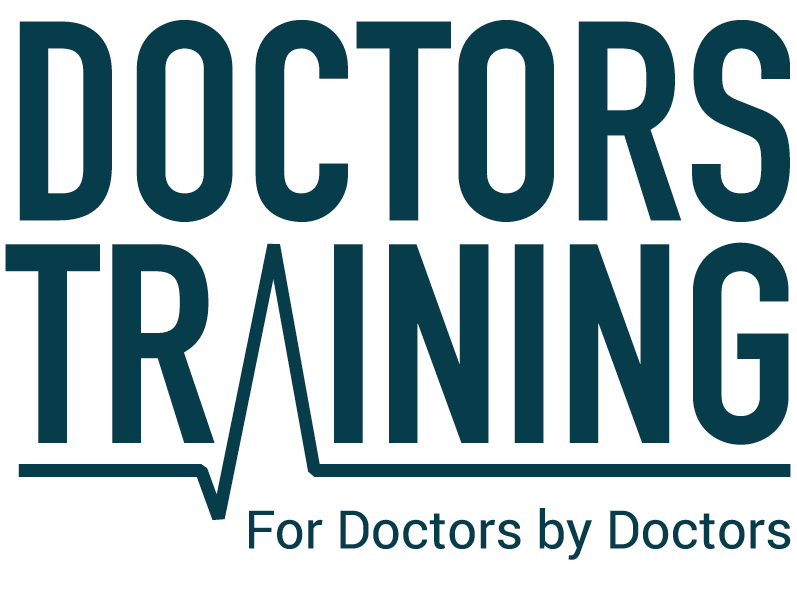This week is Mental Health Awareness Week and I’ll be doing a lot of thinking and talking about mental health issues. Mostly, these kind of pieces recite a bunch of facts from someone like ACAS. How umpteen million days are lost at work each year due to mental illness, and how many billions are lost to the economy as a result. Those sort of things are true, but don’t really talk directly about mental health. And actually they’re also sort of boring. Instead, I’m going to tell you about my own problems.
Recently, I became an accredited Mental Health First Aider through MHFA England, and regularly deliver talks on mental health (you can have a look at the slides somewhere below). But for this blog, I thought I’d touch on my own mental health journey particularly over recent years. I use my own story to illustrate my mental health talk. (In fact, my talk is titled “Are you mental? I know I am!” because I am very sensitive!)
Looking back, I think I’ve always had some level of anxiety and depressive condition. I would act unreasonably in times of stress, and my judgement would be clouded by very low self-esteem. I wouldn’t put myself forward for new challenges, and believed quite deeply that I wasn’t worthy of whatever it was that I was doing.
This general background led me into trouble at work. In two positions, management seemed to think that I was ‘weak’. With hindsight and experience, I now recognise that they used my self-doubt against me. Rather than helping me overcome my insecurities to get the best out of me, they actually used my insecurities to undermine my confidence, making my performance even worse. I was an easy scapegoat because I was perceived to be weak – what with my crying in the office and asking for help.
Unable to deal with what I now recognise was bullying, I actually quit two positions, on the spot. It was the only lever I could find in times of stress to help me escape.
The low point
Things didn’t really come to head until the birth of my daughter (who is 11 this week). Although I’d suffered a lot with stress with my older son, I’d put my tiredness and emotions down to the general upheaval that comes with having a baby. But this second time round things were very different. I became incredibly volatile. I would fly into incoherent rage about the smallest of things, shouting and screaming, slamming doors and almost becoming violent on a few occasions.
When I wasn’t in one of these spells I would fall into a deep sleep for hours during the day which I came to think of as times when I “needed to switch off.” While family and friends did their best to help, I would often be as angry with them as I was with myself.
I began to harbour thoughts of harming myself and even my children. I was a in near constant state of panic and didn’t feel I was able to manage either my life or those of my children.
The road back
Eventually, after one particularly bad episode, I found myself in front of a doctor who was both willing and able to listen. I was diagnosed with post-natal depression and began my journey towards understanding my own stress and depression. I was reluctant to take drugs, but eventually found that I needed them to manage my own moods. Talking therapy was also a great help.
After a while, my mood swings, black moods and volatility began to recede into the background and I was able to not only get on with my life, but do things I never imagined Id be capable off such as running my own business, volunteering in schools, and even helping other people with their own mental health struggles.
Today… and tomorrow
I know that my depression is not only real, but has been with me always – and will probably never leave me. I accept that I need to take my drugs and look after myself. I know I need help from friends and family sometimes, and that it’s OK to ask for that help.
Most importantly I know that none of this is a source of shame.
What all of this has taught me is that mental health isn’t something that can or should be brushed under the carpet. Help comes in many forms, but all of them need a degree of support. In professional terms, that support has to be there in the workplace which is why I am a huge advocate for mental health training for employers. Two employers needlessly lost my talents because neither I nor them really understood what was happening, and instead both they and I saw me as ‘weak’.
In fact, I’m far from it. I’ve fought hard to get where I am today and my toughest opponent has turned out to be my own mental health.
I don’t really know how to conclude this without turning to lame clichs about how you should talk to someone if you’re in trouble, or how to offer help if you know someone else who seems to be struggling – but those things are true.
I hope in some small way I’m proof that you can learn to live with mental illness. I also hope that if you know or employ someone who might have mental health problems, that you can find a way to work with them to maximise their talents and overcome the struggles they might face.










